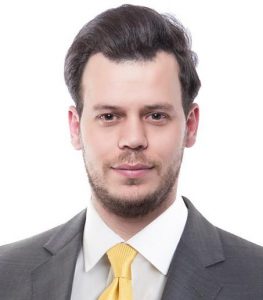On 05 November 2020, the Head of the Nineveh Federal Court of Appeal issued arrest warrants against four civil society activists in the Mosul and one them, Blogger and Member at INSM network Saqr Maan Abdul Qadir Al Zakaria, on charges of threatening Personal under Article 430 of the Iraqi Penal Code, after a lawsuit was filed against them by the Director General of the Nineveh Health Department Falah Al-Taie. This is not the first case filed by the Director of the Nineveh Health Department against anyone who criticizes him on social media platforms due to charges of corruption and poor health services in the governorate. Blogger Saqr Al Zakaria said in a previous press statement, “This is false, and malicious accusation that I cannot accept, as a person who believes in freedom of expression, knowing that I have not met him and I have no relationship with him, and all that links me to him is that I, as a citizen, have criticized the services and the health reality.”
INSM Network and Pen Center in Iraq documented the spread of legal harassment against bloggers, journalists, writers, and civil activists by some Iraqi officials due to publications criticizing officials for the deteriorating service conditions in the country. Many of these cases are intended to silence activists or intimidate them through legal prosecution
The Iraqi constitution and all international charters and treaties signed by Iraq guarantee freedom of expression and opinion in various digital and non-digital ways as long as they are within the framework of freedom of expression in a peaceful and legal manner.
In a joint statement, INSM Network and Pen Center in Iraq invites the Iraqi authorities and the Supreme Judicial Council to:
- Cancel the arrest warrants unconditionally against all bloggers, activists, and human rights defenders for their peaceful expression of opinion
- Encouraging an open and tolerant attitude towards freedom of expression and opinion in Iraq
- Ensure that all citizens are able to express themselves peacefully via the Internet without being subjected to restrictions, threats, or harassment, whether legal or otherwise.
- Stopping the phenomenon of legal harassment against anyone peacefully expressing his opinion in any way he deems appropriate


